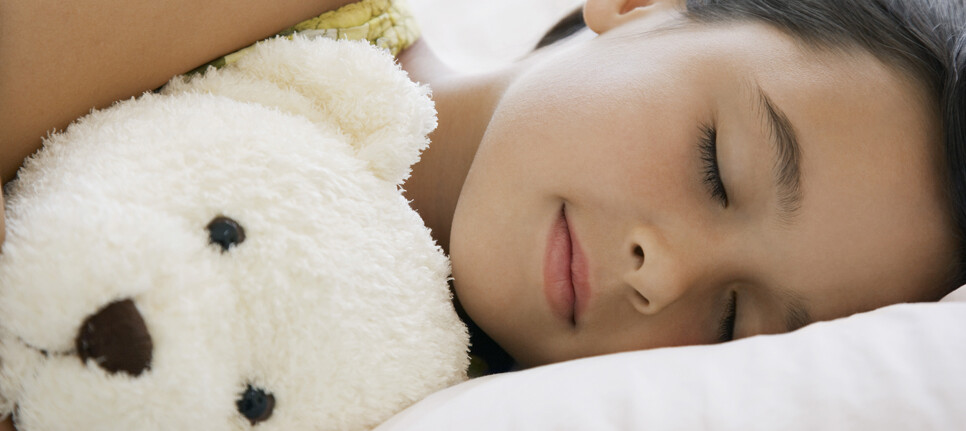We spend one-third of our lives sleeping to help us be alert and active during the other two-thirds. People who sleep less may experience a range of issues, and that’s especially true in children. The American Academy of Sleep Medicine recommends that children between 6 to 12 years old sleep 9 to 12 hours, and teenagers should sleep 8 to 10 hours nightly.
“Inadequate sleep can lead to problems with learning, behavior, mood, and overall health,” says Sujay Kansagra, MD, a pediatric neurologist and an expert in sleep disorders in children. “Poor sleep can worsen just about any health condition.” In kids, poor sleep can cause irritability, behavioral problems, attention problems, and hyperactivity that can mimic attention deficit/hyperactivity disorder. A child’s sleeplessness can lead to loss of sleep for parents and may even affect the family dynamic.
Maintain Consistent Bedtime Routines
When adults have trouble sleeping, they might assume stress is the culprit. But in young children, the most common sleep problems are actually related to behavior. “Children often test their limits at nighttime,” Dr. Kansagra says. Most parents are familiar with the expert stalling tactics employed by children. “Please? Just one more story?” may be tempting. Your kid loves reading, and that’s a good thing, right? Not so fast. “This is a behavioral problem, and it requires parents setting firm limits,” Dr. Kansagra says. Having consistent bedtime routines is important at any age.
Understand Shifting Sleep Patterns
By the time children become teenagers, they may experience changes in their natural body clock, known as the circadian rhythm. Most adolescents naturally shift their internal clock to go to sleep later and wake later the next day. “Delayed sleep-wake phase syndrome” will be familiar to any parent who has ever wondered how a teenager can sleep until noon. Exposure to light late at night can worsen this otherwise normal shift, so adolescents using electronics at night are at risk of getting inadequate sleep. Avoiding late-night light and maintaining the same wake time on weekends and weekdays can help.
Quiet the Worries
Some adolescents have a very adult problem: insomnia. Just as in adults, the source is often related to excessive worry about the inability to transition to sleep.
“Even though they are tired, some teens just can’t seem to shut their minds down to go to bed,” Dr. Kansagra says. He and his team work with patients to reverse this negative thought process at night to treat the insomnia through cognitive behavioral therapy.
Consider a Sleep Study
Although it might seem normal, snoring should not be ignored in children. It can be a sign of a serious problem. “About 25% of children who snore actually have sleep apnea,” Dr. Kansagra says. Sleep apnea is often due to large tonsils or enlarged adenoids. If a child has sleep apnea, he’s not getting good sleep—even if it looks as though he is sleeping for eight or more hours.
Dr. Kansagra recommends a sleep study for children who snore and have an additional sign or symptom of sleep apnea, such as attention problems, behavioral difficulties, large tonsils, or poor school performance. Duke has sleep clinics especially for children. “Although the study is not painful, there are a variety of wires and sensors that are placed onto a child to determine how well they are sleeping,” Dr. Kansagra says. So, parents should plan to be with their children through the night.
Start Tonight
A good night’s sleep is crucial for good health. Help ensure your child makes the most of one-third of their life by enforcing bedtime rules and seeking help for chronic sleep problems. Your “baby” -- even if they’re 16 or 17 -- is never too old to be told, “sweet dreams.”




